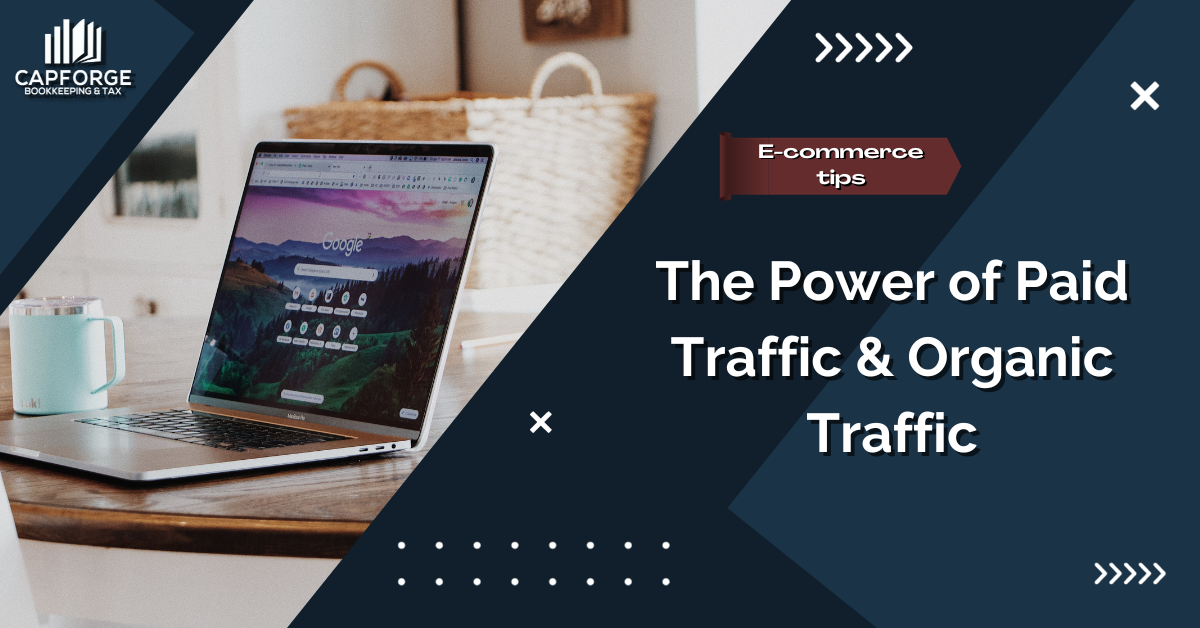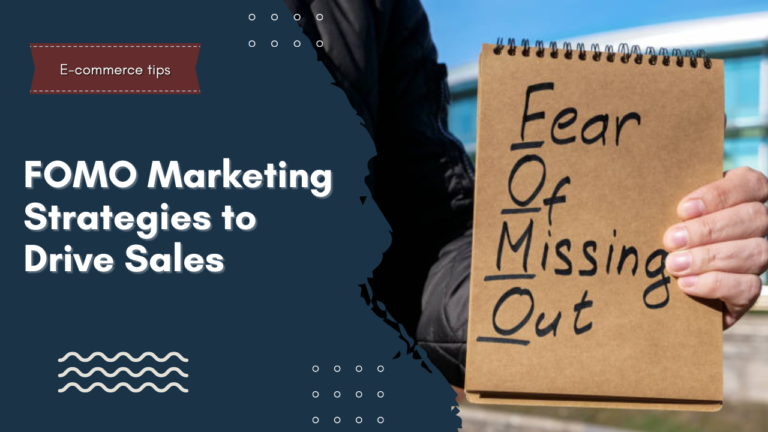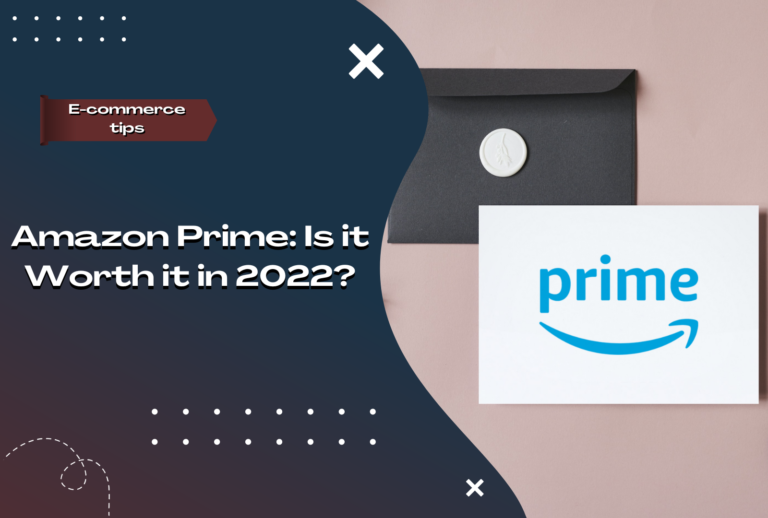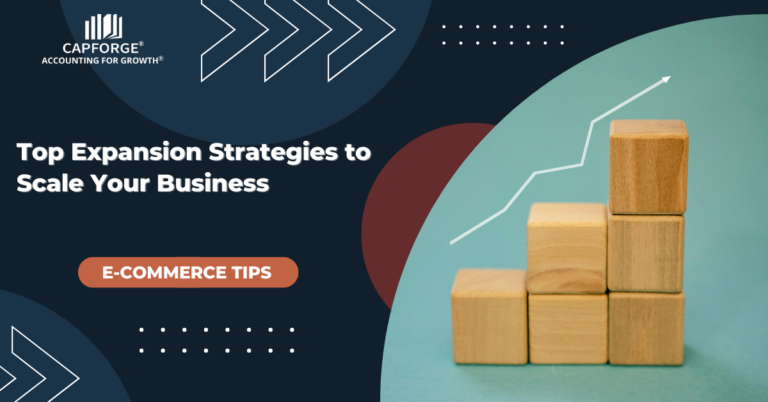The Power of Paid Traffic & Organic Traffic
The battle for online visibility continues to intensify as businesses look to attract new site visitors on the daily. With this, two methods immediately come into mind, and these are paid traffic and organic traffic.
Both methods have their own merits in terms of boosting online visibility. The key is to understand how these two differ from one another so that you can craft a sound strategy for driving web traffic. Let’s discuss how paid traffic and organic traffic work in this blog post!
The power of paid traffic in lead generation
Paid traffic is a cornerstone of any digital marketing strategy as it helps generate leads in a short amount of time. As the name suggests, paid traffic involves paying for advertisements to attract visitors to your website or online content.
One of the most compelling aspects of paid traffic is its speed. Unlike organic traffic, which can take months to build, paid traffic delivers results almost instantly. As soon as you set up your advertising campaign, your ads are displayed to your chosen audience. This rapid response time is particularly valuable for businesses seeking immediate visibility and conversions.
Some of the well-known benefits of paid traffic include:
- Targeted audience: Paid traffic allows you to target specific demographics, interests, and behaviors. This precision targeting ensures that your ads are seen by the people most likely to be interested in your products or services, increasing the chances of conversion.
- Scalability: Paid traffic campaigns can be scaled up or down based on your budget and goals. You have the flexibility to invest more in campaigns that are performing well and adjust or pause those that are not delivering the desired results.
- Measurable ROI: Paid traffic platforms provide detailed analytics and reporting, allowing you to track the performance of your campaigns in real time. This data helps you measure your return on investment (ROI) and make data-driven decisions to optimize your marketing efforts.
- Control: With paid traffic, you have control over various aspects of your campaigns, including ad creatives, bidding strategies, and ad placements. This control enables you to fine-tune your campaigns for better results.
- Brand visibility: Paid traffic can increase your brand’s visibility and awareness. Even if users don’t immediately convert, they may become familiar with your brand, leading to future interactions and conversions.
Organic traffic’s role in website growth
Organic traffic refers to attracting site visitors through unpaid, natural search engine results, primarily from search engines like Google, Bing, or Yahoo. Unlike paid traffic, which involves advertising and sponsored listings, organic traffic relies on the relevance and quality of your website’s content, as well as various search engine optimization (SEO) techniques.
The process of organic traffic generation starts with search engines crawling and indexing web pages. Search engine bots or spiders continuously scour the internet to discover and analyze web content. Once indexed, your website’s pages have the potential to appear in search engine results pages (SERPs) when users enter relevant queries.
Organic traffic tends to be of higher quality compared to paid traffic. When users find a website through organic search results, it often indicates that the content or products on the site align closely with their search intent. This leads to higher engagement rates and an increased likelihood of conversions.
Organic traffic brings forth benefits such as:
- Sustainability: Organic traffic is sustainable over the long term. Once your website ranks well for specific keywords, you can continue to receive traffic without ongoing advertising expenses.
- Cost-Effective: Unlike paid advertising, organic traffic doesn’t require you to pay for each click or visitor. While it may take time and effort to rank well, the ongoing cost is typically lower.
- Credibility and trust: Websites that rank highly in organic search results are often perceived as more credible and trustworthy by users. This can enhance your brand’s reputation.
- Competitive advantage: If your website ranks higher than competitors for relevant keywords, you gain a competitive advantage in your industry.
- Brand visibility: Consistently ranking well in organic search results can increase your brand’s visibility and exposure to a broader audience.
Combining paid and organic traffic
Most people mistake that one form of traffic is better than the other. But here’s what happens when you combine the two. Paid traffic boosts your website’s initial visibility, bringing in visitors while you work on improving your organic rankings. This synergy is particularly potent in competitive niches, where achieving top organic rankings may take time.
Moreover, combining paid and organic traffic allows you to gather valuable data and insights. You can analyze the performance of your paid campaigns to identify high-converting keywords and customer demographics. This knowledge can then inform your SEO strategy, enabling you to optimize your website’s content and structure for better organic search results.
The harmonious balance of paid and organic traffic is a dynamic digital marketing strategy that almost every business should incorporate. If a sudden change in search algorithms negatively impacts your organic rankings, your paid traffic can provide a safety net, ensuring that your online visibility remains robust.
Conclusion
Paid traffic and organic traffic each have their strengths and are valuable tools in your digital marketing arsenal. The key is to strike a balance that suits your business goals and resources. By combining the immediacy of paid advertising with the long-term benefits of organic traffic, you can maximize your online presence and drive sustainable growth.
Accurate bookkeeping is essential to maintaining the profitability of your business. If you need any help with sorting your financial records, our team is here to assist you. Simply fill out the form below, and we’ll get in touch with you shortly.








